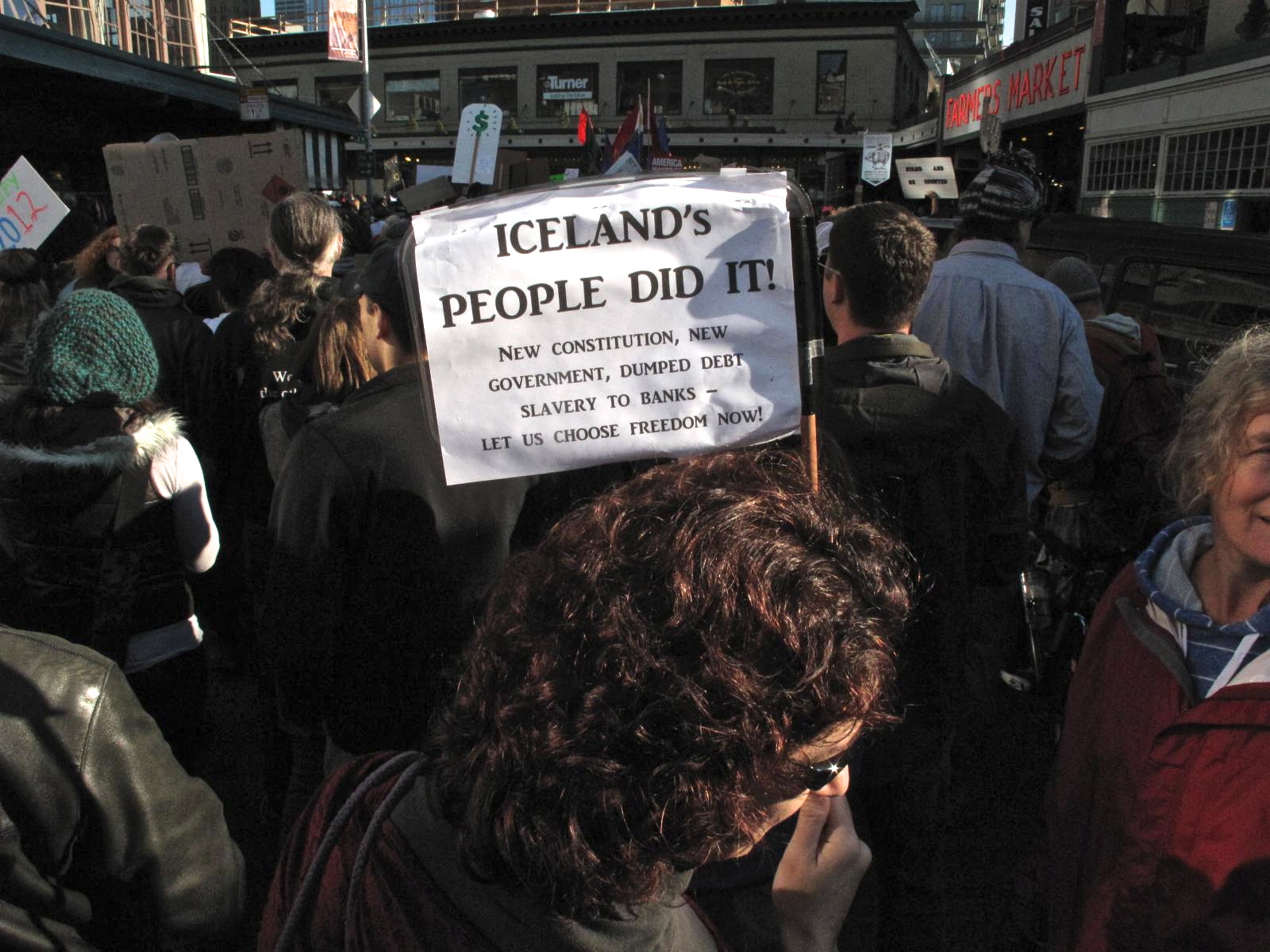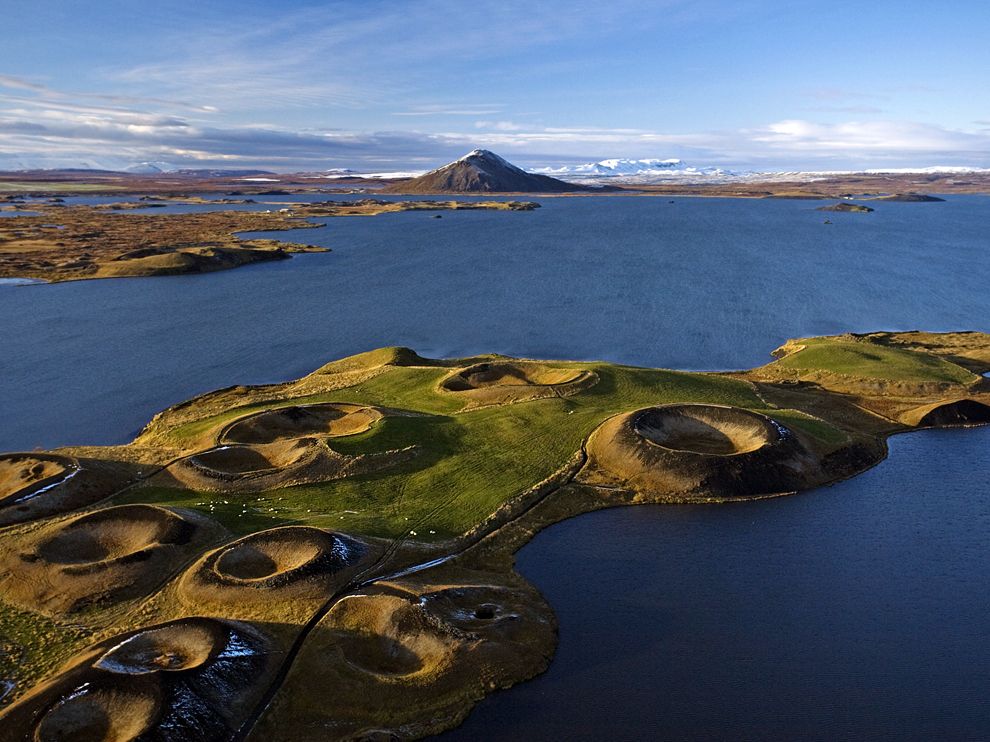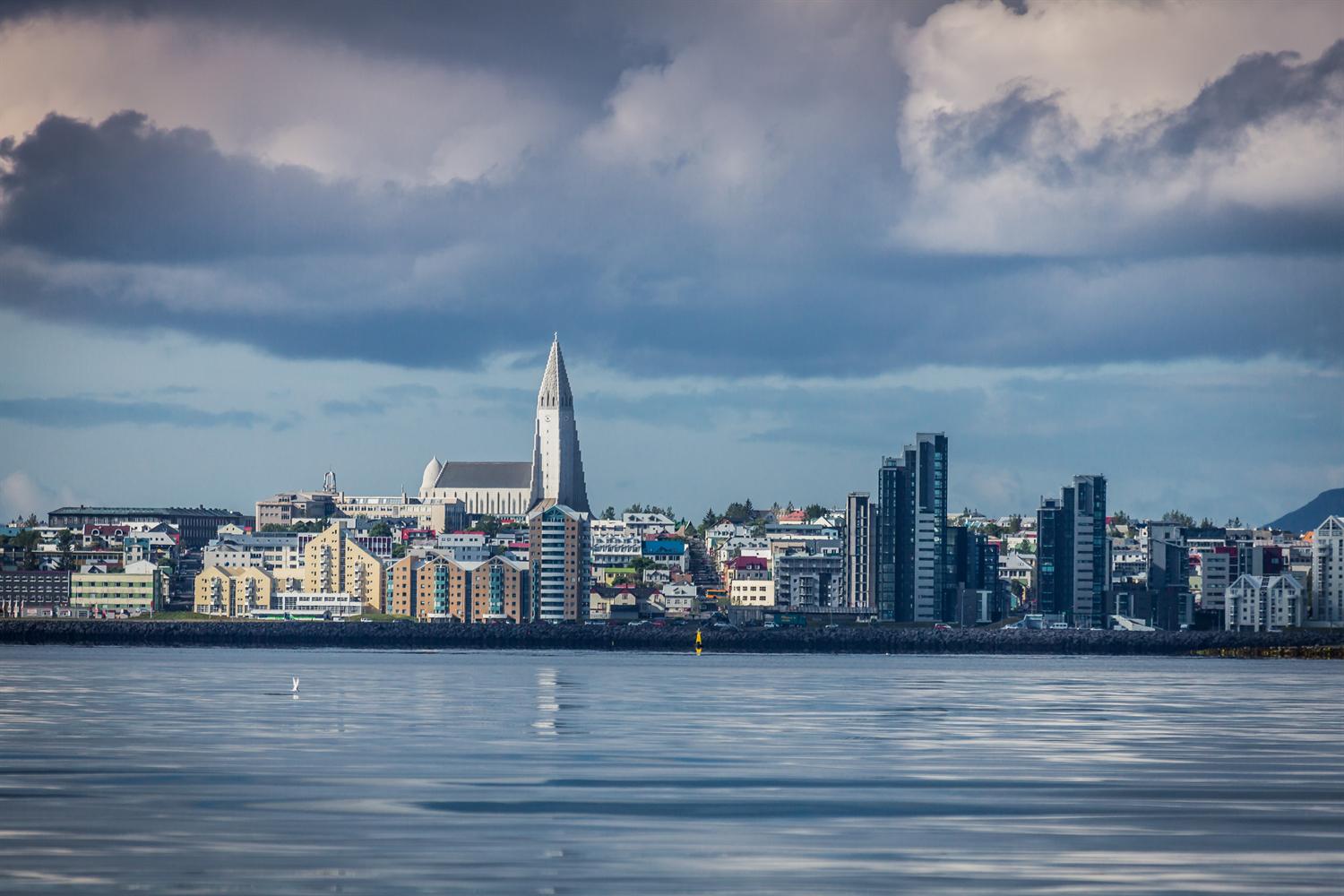Examining the little island with big direct democracy ideas, the documentary [Pots, Pans and Other Solutions] tells the story of Iceland’s reaction to the financial crash.
“In 2010, I visited Iceland to look at how they are organizing themselves,” explained filmmaker Miguel Marques before a screening at the first Global Skills X-Change in London last month. Keen to let the film tell its story, he kept his introduction brief, only adding:
“For the first time then, they had two new parties from the left, but were still listening to the recommendations of the IMF – in effect, they were at that time following the rest of the world.”
Marques visited London during the pre-G8 week of actions and events. During this time, he was also making a shorter documentary. His method is to immerse himself and study the landscape firstly, without his camera. He explained this was the same process to create Pots Pans and Other Solutions. He did not film for half of his month-long trip. This short amount of time spent filming makes the documentary an even more remarkable achievement, as it sharply captures political groups pushing participatory democracy in creative new ways.
The film concisely explains the range of problems that representative democracy is facing far past the shores of Iceland. “We don’t need the protest to bring this system down: it's collapsing on its own," goes one line in the film. "What we need to think about is what are we going to do next.”
“Before the crash, Iceland was corrupt and ran by a mafia of two ruling political parties and two banks. On the surface it was doing well, but within two or three days when it crashed the whole country realized it was all a bluff,” Marques explained after the screening.
The examination of the democratic deficiencies before the crash has many similarities with Britain’s problems, for instance the power of corporate media and the lack of real choice for voters. But unlike Britain, the film depicts how the crisis in Iceland hit immediately in 2008. “Inflation rose to over 20%, they had to make immediate cuts and all people suffered hard. This inspired a strong desire for change,” says the film, which shows people there in desperate food lines.
“One of the most crucial lessons I gained from making this film is that if you don’t build new structures you won’t get them, as no one will do it for you,” Marques reflected. The film is built around interviews with activists from many groups which adopted this idea, as new political parties sprung up in the wake of the crash.
Although distinctive and separate, these groups all proposed ideas which fed into the drafting of a new constitution. It was the first ever to use a participatory crowd sourcing process, and involved a cross section of society making up a council of 25. They applied a consensual approach connected to electronic feedback and input from the general population. It can be read in English here.
Though the constitution passed a referendum in October 2012 with a two-thirds majority, Iceland's Parliament has still failed to ratify it. “Many senators in Iceland see this constitution as their resignation letter. That’s why they will always be against it,” explained Lýóur Árnason about the stumbling blocks faced by the new constitution.
Another member of the constitutional council, Katrin Oddsdottir, suggested: “Political parties cannot decide to reduce the power of political parties. It’s physically impossible. So what will happen is that they are going to try, but I believe that if the ideas are good enough they will conquer. If this is a better constitution we will demand it and get it: that is the lesson we’ve learnt.”
Following the film's June screening in London, the Skillshare Skype-linked with Daði Ingólfsson, from the Constitutional Society, who explained how two right-wing parties in Iceland formed a coalition as a result of April elections and succeeded based on promises of tax cuts and loans. Old conservative parties like these are also against the new constitution, Ingólfsson said, suggesting that advocates for the new constitution will have to take time to strategize.
“This is the work for a generation,” Marques added, with some optimism, pointing out that in the recent elections 22% of the electorate voted for new parties -- all of which advocate the new constitution.
Ingólfsson himself believes the constitution could be officially adopted within the next four years. “The new government’s promises are unrealistic. There is a strong chance of early elections if they don’t deliver.”
Some suggest Iceland’s small size enabled its social movement to act and generate results more quickly than others. But this is not the key factor for Marques: “I think the most important factor about Iceland was that it was not held up by resentment amongst groups. The urgency of the crisis meant they had a fresh starting point and this reduced factionalism a lot. I think this is a big problem, especially Great Britain, Portugal and Germany,” he said.
So if not in these countries, where? I put the question to Marques, who answered:
“Brazil may be the next place because of its very strong participatory movement. There are over 300 collectives in Sao Paulo alone. In Europe I would say Switzerland. It may be a surprising choice but its way of organizing already brings together people of different languages. Of course people say that it has many issues, such as arms dealing or secret banks. "However, maybe that is more just people making it into a scapegoat."
3 WAYS TO SHOW YOUR SUPPORT
- Log in to post comments

















